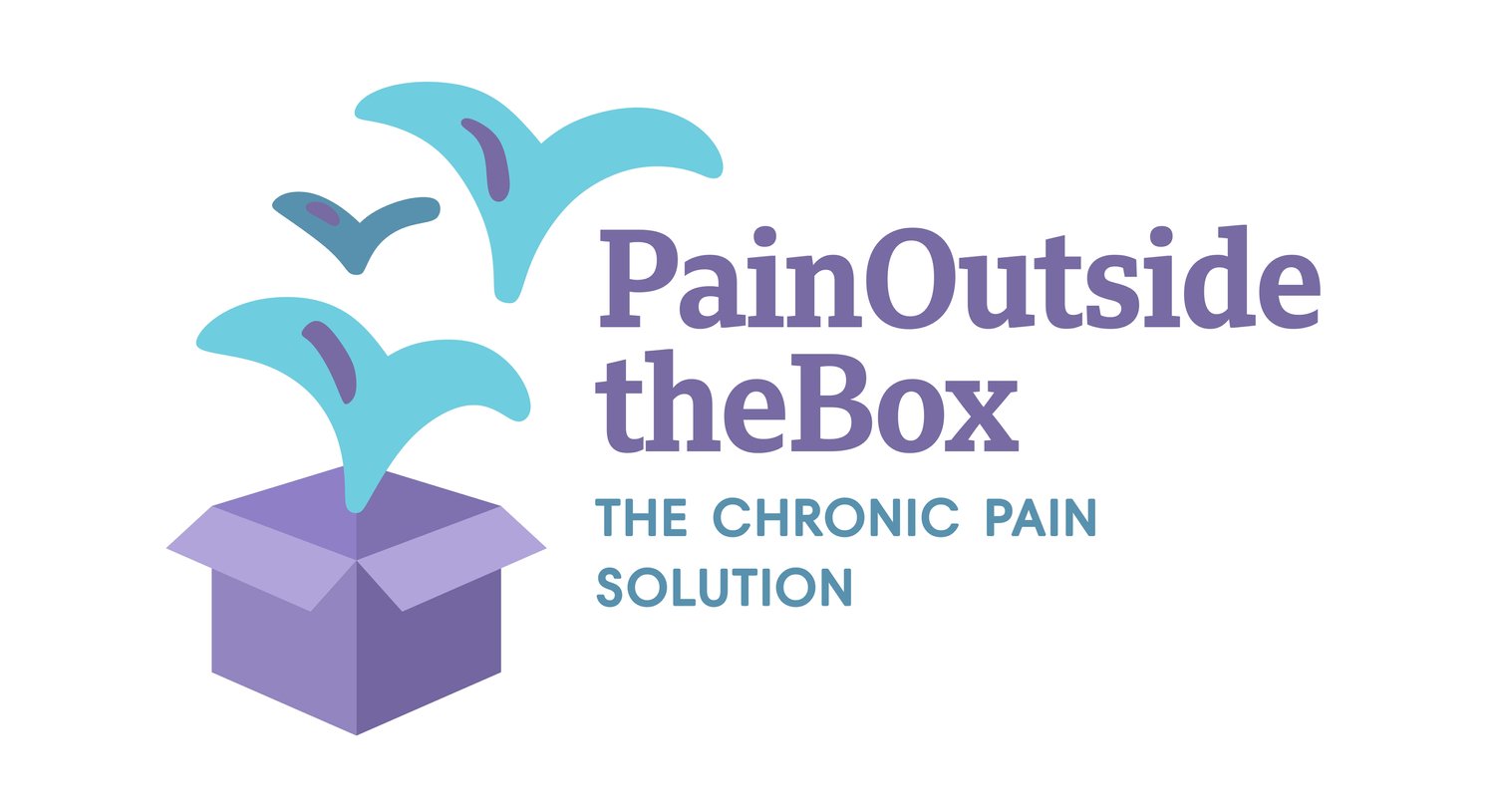Why People-Pleasing tendencies can cause Chronic Pain or Symptoms
Do you often find yourself saying "yes" when you really want to say "no"? Are you constantly worried about disappointing others or causing conflict? This tendency to prioritize the needs and expectations of others, often referred to as people-pleasing, can have significant consequences for your physical and mental well-being, potentially contributing to chronic pain and other persistent symptoms.
So let's explore how people-pleasing can impact your health and, more importantly, what you can do to break free.
The Link Between People-Pleasing and Chronic Pain
The connection between people-pleasing and chronic pain was identified by doctor of Rehabilitation Medicine Dr John Sarno, in his bestselling books on healing chronic neuroplastic pain. When we live in fear of other people’s rejection or disapproval, we trigger the fight or flight response. This physiological reaction floods the body with stress hormones, preparing us to face a perceived threat.
People-pleasers agree to other people’s demands in order to prevent this uptick in anxiety, however, very often, the relief is short-lived. The next day will come with other demands, and a renewed fear of rejection or conflict.
Besides living in fear of rejection, people-pleasers also tend to repress their own authentic needs and desires. If done repeatedly, this can cause inner frustration and rage - often repressed rage. A part of you - that part that knows that its own needs are being neglected and violated - will start to protest, and this often happens in the form of mindbody (neuroplastic) symptoms.
In short, people-pleasers end up living with a cocktail of anxiety-inducing emotions and tendencies; fear of conflict, unease about what other people may think about them, excessive rumination about their interpersonal relationships, and internal rage at the fact that their own needs are being constantly neglected. This rage may or may not be apparent - but it often is present within, causing all sorts of unhelpful changes and responses in the body.
All of this can lead to increased muscle tension, inflammation, and a heightened sensitivity to pain. Conditions like neck pain, back pain, shoulder pain and fibromyalgia are often linked to this unconscious tension.
Understanding the Roots of People-Pleasing
It's important to recognize that people-pleasing isn't an innate trait; it's a learned behavior, often stemming from childhood experiences. As children, we are naturally driven to have our needs met. However, if our emotions or behaviors were consistently met with disapproval or punishment, we may have learned to suppress our true selves in order to gain acceptance and avoid conflict. This can manifest as internalizing the idea that disagreeing with others or asserting our own opinions is dangerous.
Over time, the brain becomes wired to prioritize the avoidance of conflict, leading to a pattern of appeasing others at the expense of our own well-being. As adults, this deeply ingrained coping mechanism can lead us to lose sight of our own values and priorities, making it difficult to make decisions or even identify what we truly want. This leads us to feel lost, undecided and overly-reliant on others’ opinions. It is the very opposite state to the self-empowered state that we need to achieve in order to thrive and heal.
Watch my video about people-pleasing for more tips on how to get out of this habit.
Reclaiming Your Authentic Self: Practical Steps to Break Free
Breaking free from people-pleasing requires a conscious effort to re-establish healthy boundaries and prioritize your own needs. Start by identifying a person you admire who is comfortably able to say "no" without excessive explanation or guilt. Observe their attitude and demeanor. This is the mindset you want to cultivate.
The first step is to pause before automatically agreeing to a request. Tune into your inner voice and ask yourself: Do I truly want to do this, or am I doing it out of obligation? Is this in alignment with my values and priorities? Start with small steps, such as declining invitations to events you don't genuinely want to attend. Practice saying "no" without lengthy justifications. A simple, concise explanation is often sufficient.
Remember, setting boundaries is not selfish; it's an act of self-respect. As you begin to honor your own needs, you'll find that the tension in your body starts to release, paving the way for healing and a more authentic, fulfilling life.
In conclusion, people-pleasing can be a significant contributor to chronic pain and other persistent symptoms by creating a state of chronic stress and tension in the body. By taking practical steps to establish healthy boundaries and to rediscover your true unique callings, you can reclaim your authentic self, reduce stress, and promote healing.
So start small, be patient with yourself, and remember that honoring your own needs is essential for your overall well-being.
Want to learn about other chronic-pain inducing tendencies?
People-pleasing isn’t the only tendency that can contribute to chronic mindbody pain or symptoms. In my book, The Pain Secret, I identify 8 other personality ‘traits’ that have been linked to the onset and persistence of neuroplastic symptoms.
The Pain Secret is now available across Amazon sites in ebook and paperback format. In the book, I outline a simple yet effective process for overcoming chronic mindbody pain or symptoms using a 100% psychological approach.
If you’re confused on where to start, the book offers a good foundation and introduces you to the most helpful habit and mindset shifts needed to break free of pain and of the fear of pain.



